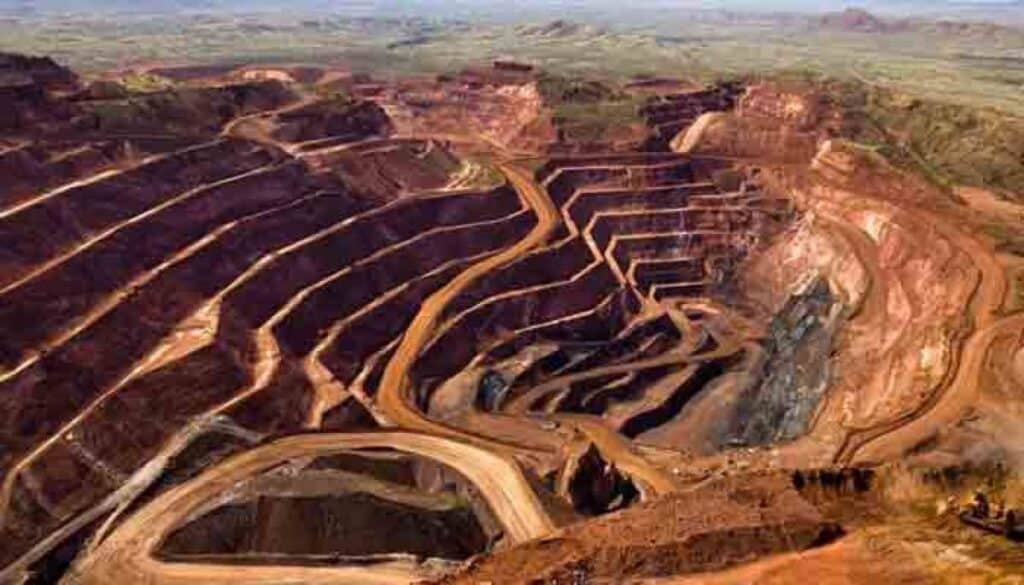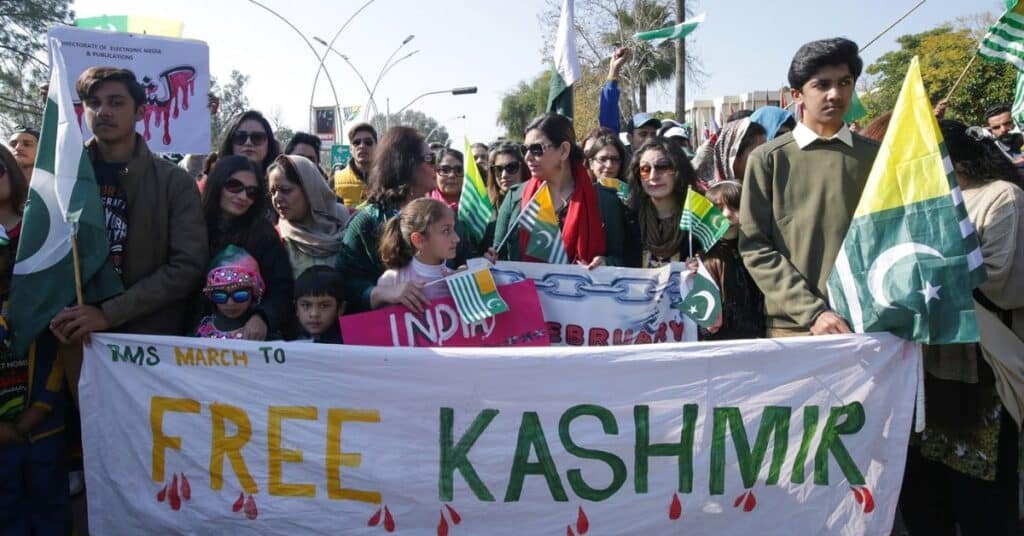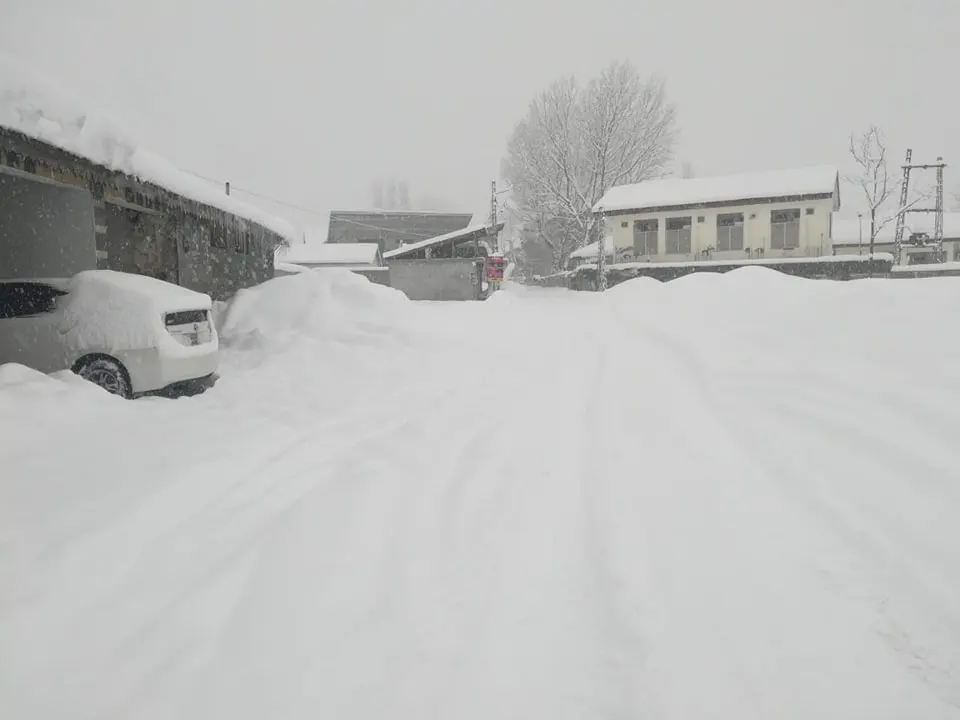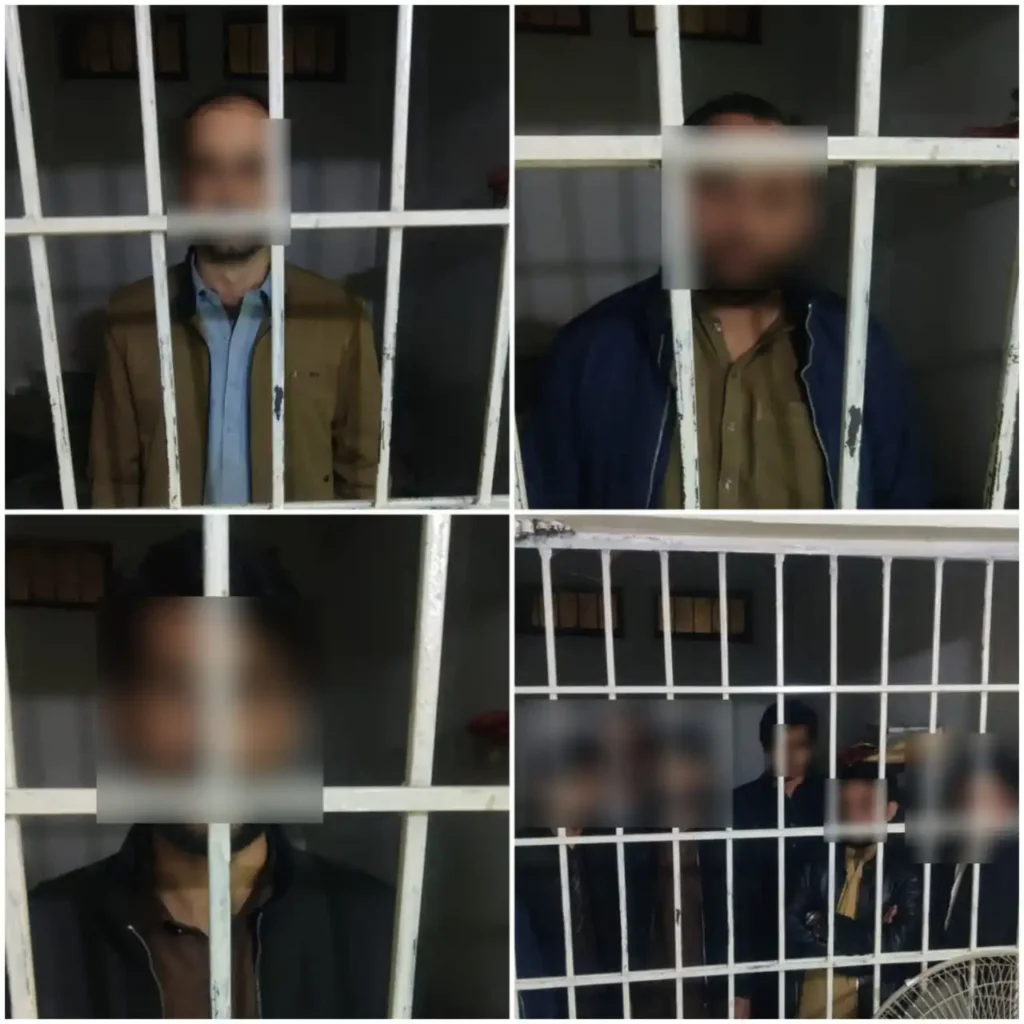ISLAMABAD: Finance Minister Muhammad Aurangzeb announced on Friday that the World Bank Group has approved a $700 million financing package for the Reko Diq mining project, overcoming strong objections from India, which had attempted to block the investment crucial to meeting the project’s estimated $3 billion funding needs.
Speaking at a meeting of the Senate Standing Committee on Finance, Aurangzeb said the World Bank’s approval of the concessional loan, comprising a $300 million facility from the International Finance Corporation (IFC) and a $400 million loan from the International Development Association (IDA), marks the third time in a month that Indian attempts to block lending to Pakistan have failed.
“India tried to prevent the World Bank Board meeting from approving the Reko Diq financing, but once again, they were unsuccessful,” the minister said. He noted that New Delhi’s lobbying efforts at international financial institutions continue to fall flat, as major lenders like the IMF, World Bank Group, and ADB have moved forward with support for Pakistan.
The IFC, which is also leading the financing consortium for the $6.6 billion Reko Diq gold and copper project, will coordinate lender activities and ensure compliance with global environmental and social standards. Of the total project cost, $3.7 billion will be provided by the three main shareholders: Barrick Gold Corporation, the federal government of Pakistan, and the Balochistan provincial government.
The IFC’s involvement not only secures critical investment but also reinforces confidence in Pakistan’s mining sector, especially in economically sensitive regions like Balochistan. The financing includes $300 million from the IFC’s own account and another $400 million through the IDA-20 blended finance window.
The World Bank estimates the project will create up to 10,000 jobs during peak construction, with the Reko Diq Mining Company prioritising local hiring in Balochistan for both skilled and unskilled roles, including a significant share of women employees. The company has pledged to allocate 1% of construction costs and 0.4% of annual revenues to community development initiatives, guided by local committees.
In addition, sustainability-linked terms will tie financing to key performance targets such as water efficiency, gender inclusion, local employment, and procurement.
Earlier this year, Pakistan revised the estimated cost of Reko Diq’s first phase to $6.6 billion, a 56% increase, due to inflation and expanded production scope. The federal government’s 25% stake is divided equally among three public sector companies: OGDCL, PPL, and GHPL. The government of Balochistan holds another 25%, while Barrick Gold owns the remaining 50% and operates the project.
Production is expected to begin by late 2028, with Phase I targeting 200,000 tonnes of copper annually at a cost of $5.7 billion. Phase II, scheduled for completion by 2034, will add $3.3 billion in investment to increase capacity to 90 million tonnes per year, bringing the total project cost close to $9 billion.
Regarded as one of the world’s largest undeveloped copper and gold reserves, Reko Diq is set to significantly bolster Pakistan’s economic resilience. The project’s entire revenue will be earned in foreign exchange, enhancing the country’s external financial position.
With global demand for copper surging, driven by green energy transitions, digital infrastructure, and electric vehicles, new supply sources like Reko Diq are essential to closing the gap between demand and supply.
The World Bank Group estimates that Reko Diq could contribute approximately $2 billion annually in gross value added to Pakistan’s economy, depending on global market prices.
The WBG is also conducting a scoping study to explore the broader potential of developing a mining district around Reko Diq, which could unlock further copper reserves and spur additional investments, positioning Balochistan as a future hub for responsible mineral development.





